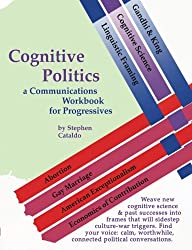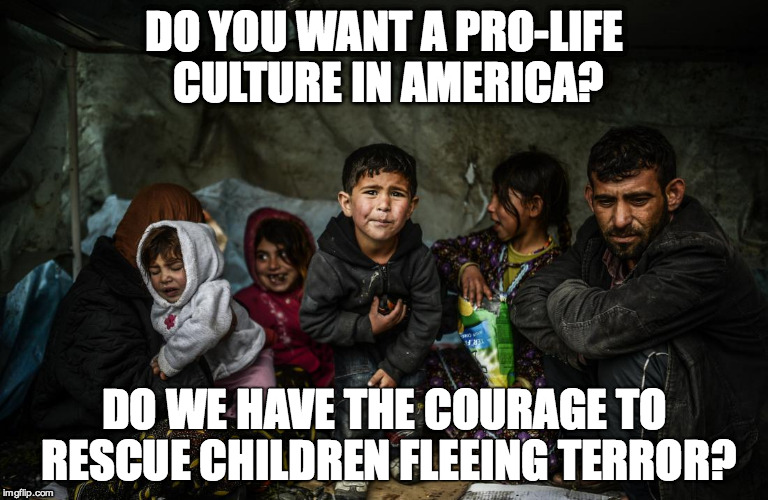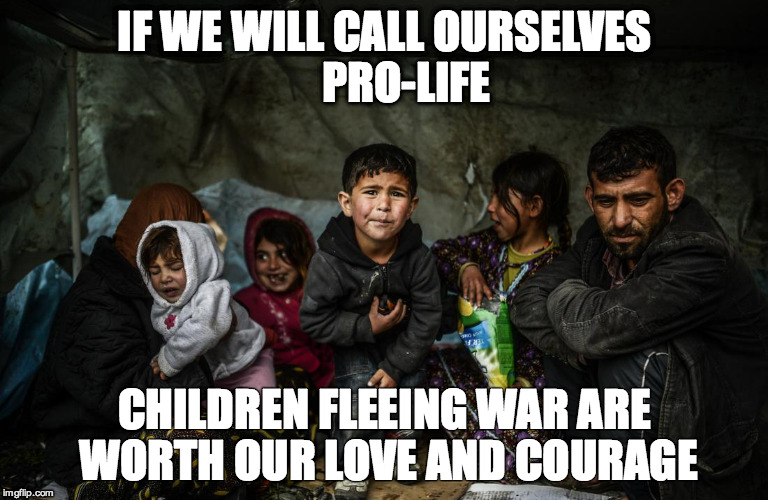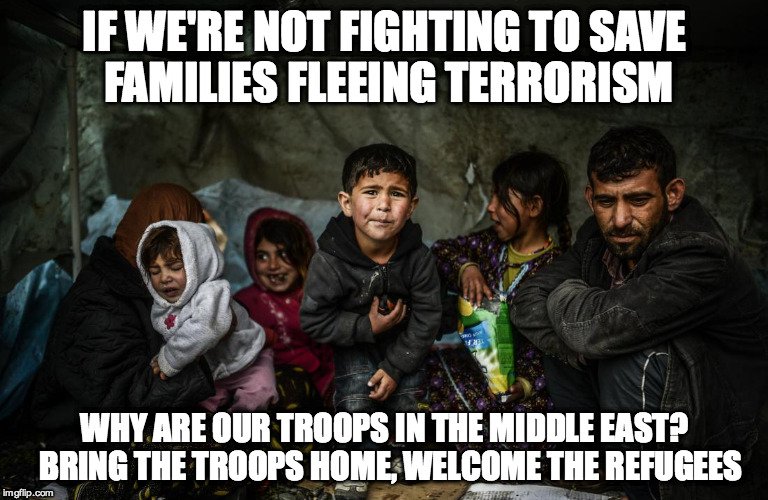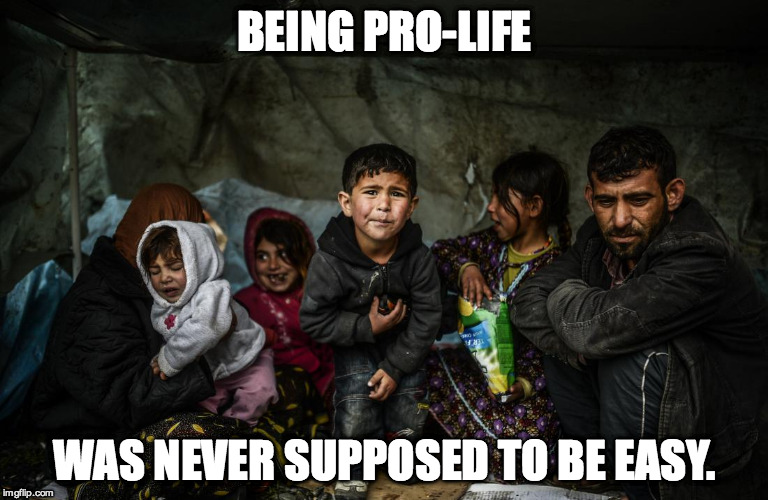Goals Overview
Hillary Clinton needs to win the primary decisively and re-integrate the party under her leadership. Decisively often means a landslide, but not in this case: decisively means the Sanders supporters feel heard, feel they lost a fair fight -- and that the first time after the primary that the Republican nominee says something horrible they will rally for the joint cause even if they are not ready to give up their first choice yet. How do individual supporters of Hillary help her win the primary, re-integrate the party, and landslide in November?
Value differentiation + Story or metaphor that fit those goals
Hillary Clinton's central story ( see chap1) is straightforward: she and Bernie Sanders (and especially his supporters) share the same basic values , but she is much better prepared to win the presidential campaign and govern the country.
He is an idealist who has no chance; she is a pragmatist who knows how to win. You can't leave that story and make him into a menace, without distorting your message. This means that even if he is winning primaries, even if he is taken as a threat by campaign managers, her supporters should project cool and calm. Sanders supporters metaphor might be an honest outsider storming the gates of the corrupt establishment, it's a battle -- that is not Hillary's metaphor, don't participate in it.
Analysis: Matching Strategy to Goals and Story
Hillary has the numbers to win. So her movement's goal is no longer to fight Sanders, but to bridge the fracture among progressives, so that as many Sanders supporters as possible join the campaign as November approaches. This is a tricky goal, people are in the habit of fighting when it comes to politics, but that goes both against the story her supporters should be framing, and against the real threats to her becoming President -- she has overwhelming odds at the Democratic Convention, and near-even odds in November. She needs to beat Sanders in a way that feels decisive: but decisive among friends is more about a fair contest than a big margin.
The struggle between Hillary and Bernie supporters is getting uglier, and this endangers her odds of being President more than anything else that could be changed right now.
The best attitude for people who want to see President Hillary Clinton inaugurated next January: cool, pragmatic, and expressing thanks to the Sanders supporters for livening up this primary and registering so many more young people. When you post on social media, don't engage Sanders in a battle: we have to win the White House, and almost more important need to do the work to win seats in Congress so the Democratic President has some power.
For Hillary Supporters
Between Republicans and Democrats
Stay focused on the very visible differences between the Democratic and Republican primaries. "I'm a big fan of Hillary, but I really respect that Bernie called the Republicans on their witch-hunts around the emails. It's a political campaign so of course things get heated, but there are few elections anywhere that are as focused on ideas as our primary." Point out that both Hillary and Bernie have gotten heated up on the "not qualified" question, and have realized they were heating up, and backed down. This reinforces both unity, reaching out to the Bernie supporters that you need for November, and obliquely reminding Democrats of just how much worse Republicans are. Just tell your story, don't say "no" to the opposing story: if you demand that Bernie supporters agree that Democrats are great and Republicans are evil, this will just invite counter-arguments that encourage people to look for counter-evidence. Just share positive stories that build your vision.
Prepare for Values Questions
Hillary Clinton is absolutely a target of a right-wing smear campaign, accusation after accusation never proven and hard to disprove. How do you feel about Hillary refusing to share her speeches to Goldman Sachs unless all the Republicans do? Can you fluently explain this in way that makes sense, gets to her heart and values, without going off topic? Practice this, become fluent and make it real, perhaps practice it out loud -- if you can explain from your heart and keeping your cool on this issue where everyone can agree on the facts, you can engage the various scandals and scandal-mongering as Republican smears.
Passion Within a Frame of Confidence
Hillary has an astonishing number of lukewarm supporters. A hard-working and strikingly competent President is what we need, but not exciting. Yesterday I watched a prescient video of Sanders warning us about today's headlines in Panama, a few days before that I watched YouTube of him begging us not to attack Iraq the first time, and his video on religious beliefs bridges passion and separation of church and state like few others. This passion is not reaching me from the Hillary side, just claims of competence. What is her signature? What is it for you that inspires you? There is a very big difference between saying you are inevitable, and acting confident. If you are confident about the primary, you create that frame not by telling people you are, but by getting fired up about what Hillary will do as President.
Focus on Differences Between Republicans and Democrats
A key narrative is whether the Democratic Party mostly helps or is mostly the same as the Republicans -- and this is won or lost mostly through framing, not arguments. If you try to weigh this in some kind of scale, both sides can cherry-pick arguments all day long, and will just reinforce their existing views. Looking back, Abolition, Civil Rights, existing women's rights and same-sex marriage all feel inevitable; looking at history moving forward these were all difficult fights.
If Gore had been elected or Hillary had been President in 2001, we would not have invaded Iraq, so would not have ISIS, and perhaps the Arab Spring might have happened more slowly and sanely. Elections matter. You want people to think about this, and not focus on decisions in Libya or Syria: there was a very easy decision not to invade Iraq, that left the Obama administration with impossible decisions. Keep your story about the Civil Rights Democrats and the Southern-Strategy-era Republicans, or optional wars begun enthusiastically -- your goal has to be to unite the Democrats, share your pragmatic story, don't try to say "no" to the too-idealistic-to-win half of the party.
Reinforce Weak Points
Those are the issues to bring up. Besides the Wall Street connections, one of the most challenging issues for Hillary is her role in the US acquiescing to the coup in Honduras. Less popular issues like these are part of what is driving progressive activists to Sanders, which has a slow ripple effect as they bring their friends along. If you can explain her role in the Honduras coup, please leave that in the comments. Fortunately for her electoral odds the Republicans are unlikely to take this up.
Strategy for the Campaign
Tactics that Backfire
I'm writing this before the NY primaries, and the campaign appears in framing-disarray, going more and more negative along with Sanders. Trying to leverage the mostly-tactical disagreements about gun control into a story that evokes Sandy Hook victims fits Sanders' frame that this is a contest of values, not Clinton's frame that pragmatism and experience is what you should vote for. This one issue is basically the reverse of all the others: Sanders is the pragmatist with smaller goals here, and probably better odds of reaching across the aisle. Clinton is turning up the heat, when her overall victory requires cool calculations of qualifications to prevail. This is a good time to re-read George Lakoff's Don't Think of an Elephant -- the Clinton campaign is aiming at Sanders weaknesses rather than sticking to their own story.
Going negative will backfire. Sanders trust ratings are through the roof, and a large slice of the Democratic movement has become loyal. Clinton will get a few more delegates or a lot more delegates than Sanders -- honestly, if you like Hillary Clinton but believe her campaign is about to go into a free fall and the rest of the primary will be a landslide for Sanders, there's no point anyway. Beat him by at least 1%, by 1 delegate, with decency, and Hillary Clinton is positioned to be the next President of the United States.
Tactics that Work
Both Clintons, and the Third Way in general, seem to ride the polls rather than try to lead them, which is a losing long-term strategy. Hillary Clinton needs one or two talking points that burn more strongly. Gun control was brought to the fore -- it's not her strong issue that reveals her passions, it's Sanders' weak issue. What does Clinton care about? It doesn't matter if Sanders agrees or disagrees, strategically it's better if it is something all Democrats agree on, just that we have a strong sense that she will care while she advocates for it. I would recommend:
- Something about women or girls that really speaks to Hillary's heart -- broad position papers are great, but Hillary Clinton should pick something that she can barely talk about without tearing up, whatever it is.
- The Iran deal -- an international diplomacy effort where competence might prevent a war.
Sanders and his supporters should be behind her on these -- at a metaphor level, behind her, supporters of her efforts but less capable of leading, not opponents as in the gun control case.
Victory
Hillary seems ready to win. Then what? What is the psychological state you want the Sanders movement to leave with? Disempowered and defeated? How does this message to Sanders supporters feel: if you can't beat Hillary in the primary, your movement isn't strong enough to win in November either. You can give them the free point in return -- if Sanders does win the primary, it means Hillary was always too weak a candidate for November and her supporters should thank him for giving us a chance in November, but only if he really wins. So bring it, try to win the primary, but if you can't win, stop whining and grow your movement instead. Stop focusing on just the top of the ticket. Bring everything you brought for Sanders to the next mid-term election. Let the Sanders movement swing a swing state governorship, or a thousand school districts, and you're in the minor leagues and on you're way up. This is what we really need, we need you, to start doing hard work and not just showing up for someone to suddenly appear on the stage but be unable to convince 51% of American voters. We're waiting for you.
The best thing supporters of either candidate can do is to work on voter registration together. If you make the call, if you post on facebook that you want Sanders supporters to join you in registering voters, you are walking into a very pragmatic and positive leadership role -- exactly your candidate's story. Are any of your friends or friends-of-friends on facebook Sanders supporters? Get started!
If the Bernie fans were better listeners about sexism, they'd have one this primary; if the Hillary fans showed the Bernie supporters how to really mobilize down-ticket and run voter registrations, if they'd reached across the division and show (not argue) how much work full-ticket victory will take, they'd have drawn away much of his fire.
Resources list (help me grow this):
Hillary Clinton told the truth about her Iraq war vote. She has not spoken with much clarity, trying to avoid her weak spots, which I don't think is helping people trust her. But this is both truthful and about as positive a spin as I think you can find on her Iraq vote.
